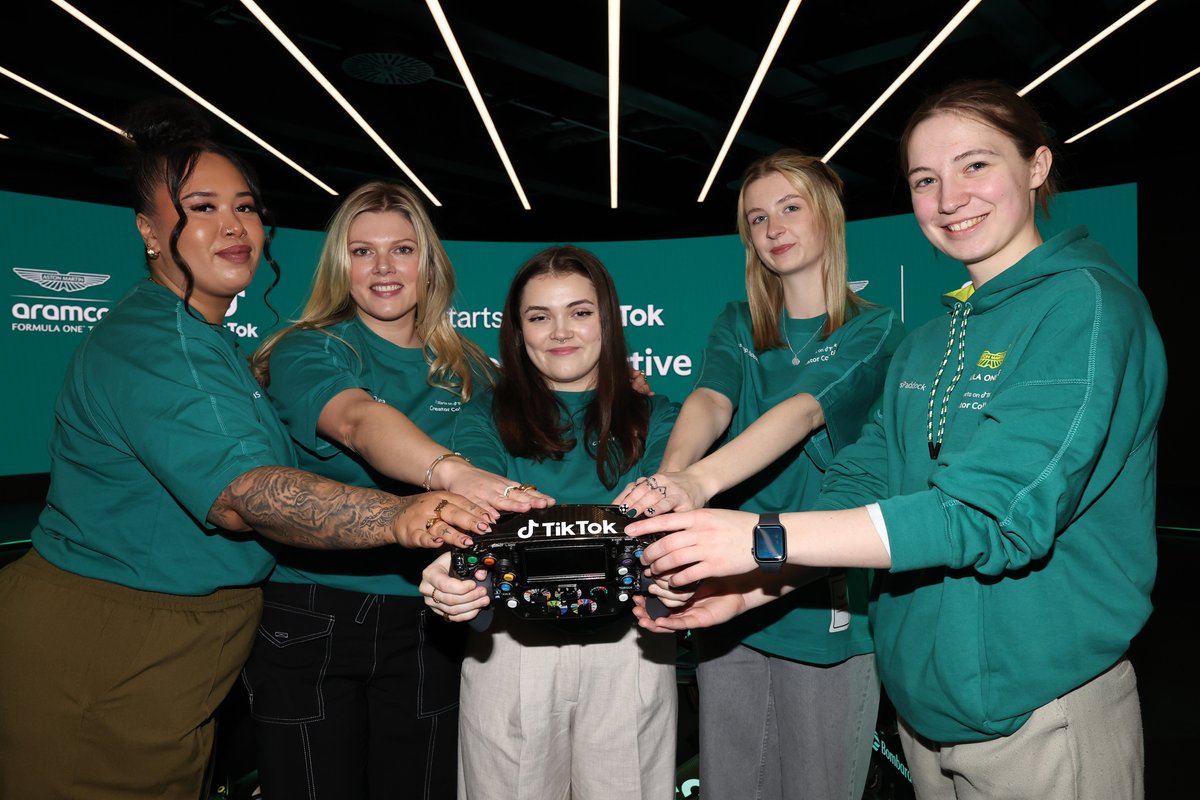Ellie Abraham
Nov 12, 2024

iStock
Scientists have discovered a new brain neuron that may help to curb hunger signals, potentially offering new means of appetite regulation.
Weight-loss drugs like semaglutide have become popular in recent years to help control appetite, but scientists have now uncovered a potential new avenue to explore in the form of a brain neuron.
The newly discovered BNC2 brain neuron acts rapidly to counteract neurons that promote hunger. They are located in the arcuate nucleus – part of the hypothalamus – and respond to the cues for hunger exhibited by the AGRP neurons which are linked to driving appetite.
Researchers found that BNC2 neurons acted within minutes to inhibit hunger faster than any other previously discovered neuron.
“This new type of neuron changes the conceptual framework for how feeding is regulated” explained Han Tan, a research associate in Rockefeller’s Laboratory of Molecular Genetics.
It was thought that the brain’s “feeding circuit” was a feedback loop between two brain cell types in the hypothalamus region of the brain, both thought to be the two main targets of leptin. One expresses the AGPR neuron, increasing appetite, while the other activates POMC, promoting satiety.
However, researchers found that activating AGRP neurons increased appetite rapidly, but it took hours for appetite to come down when activating POMC neurons.
“We suspected POMC couldn’t counterbalance the hunger neurons quickly enough to curb feeding,” Tan explained.
“So we wondered if there was a missing neuron that could promote rapid satiety, on a similar timescale to that of AGRP.”
By single-cell RNA sequencing the neurons in the arcuate nucleus, they found another neuron responds rapidly to food cues and activates to inhibit hunger.
It is a discovery that has prompted hope that new therapies might be developed that can help people with appetite control and reduce the risk of disease associated with diabetes and obesity.
Sign up for our free indy100 weekly newsletter
How to join the indy100's free WhatsApp channel
Have your say in our news democracy. Click the upvote icon at the top of the page to help raise this article through the indy100 rankings
Top 100
The Conversation (0)













